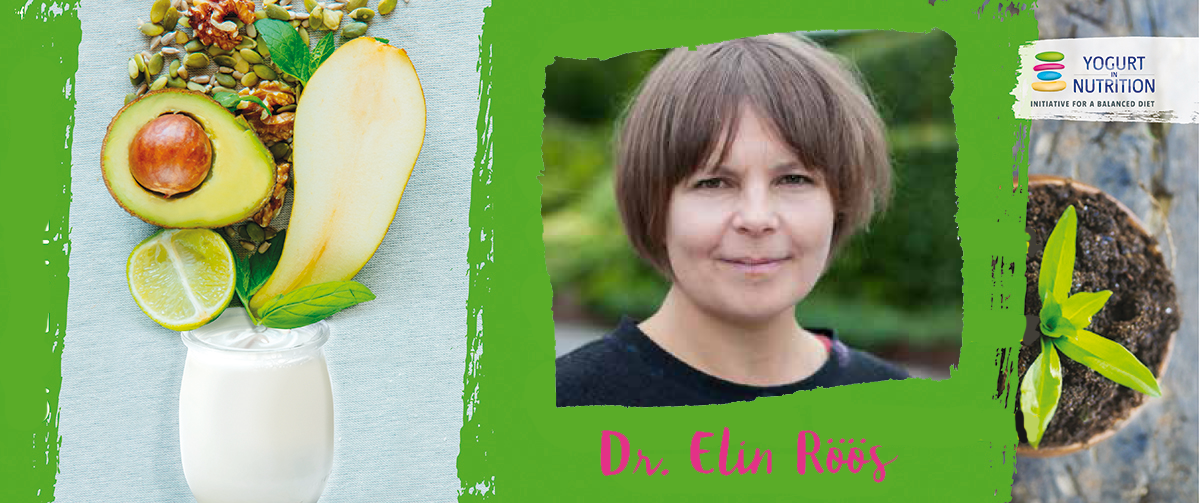YINI experts will gather during ASN annual meeting, Nutrition 2019, to be held in Baltimore (USA), in June 2019. The symposium, organized on Monday June 10th at 7:00 AM, will be on “Sustainable diets”. Before following the symposium live on twitter, we invite you to meet the speakers.
Dr Elin Röös
Dr. Elin Röös is a Researcher at the Swedish University of Agricultural Sciences in Uppsala, Sweden. She works for the Centre for Organic Food and Farming (EPOK) and she is also associated to the Food Climate Research Network at Oxford University. She holds a MSc in Engineering Physics from Uppsala University. In 2013 she defended the thesis on Analysing the carbon footprint of food – Insight for consumer communication.
She is co- supervising several PHD & master students. She does research on and teach about sustainable food production and sustainable land use from many different angles.
These include assessing the environmental impact of different foods using life cycle assessment (LCA), to calculate the climate impact and land use associated with different types of diets and comparing environmental impacts of different farming and food systems.
She also works in many interdisciplinary projects where we look at the economic and information policy instruments for more sustainable dietary patterns and how more sustainable and healthy food ingredients can be produced and processed.
During the symposium, Dr Elin Roos will talk about “sustainable diets: what does it mean?”:
Sustainable diets: myth or reality?
Current food systems is a main contributor to climate change, responsible for about 25% of greenhouse gas emissions. In addition, food production is a leading cause of deforestation, biodiversity loss, freshwater use and water pollution. Despite this immense negative impact, food systems fail to feed people adequately; one-third of the world’s population suffer from some form of malnutrition, either hunger, obesity and/or micronutrient deficiency. Power imbalances leading to a range of social problems are also inherent in current food systems and the treatment of farm animals reared for food raises serious ethical concerns.
In other for diets to be sustainable action is hence needed on many fronts, taking the multifaceted aspects of social, economic and environmental aspects into account. As one of the most cited definitions of sustainable reads: “Sustainable diets are those diets with low environmental impacts which contribute to food and nutrition security and to healthy life for present and future generations. Sustainable diets are protective and respectful of biodiversity and ecosystems, culturally acceptable, accessible, economically fair and affordable; nutritionally adequate, safe and healthy; while optimizing natural and human resources.” (FAO/Biodiversity International, 2010). Other definitions add the issues of animal welfare, feasibility of diets and the aspect of good quality food.
In high-income settings, access to healthy foods is usually good but the Western diets, high in animal sourced foods, cause environmental impacts that are several times higher those in low-income countries. A shift towards more plant-based diets has therefore been highlighted as an important mitigation option in these settings, as has reduction in food waste and improvements in production. The type and amount of meat and dairy in diets in order to reach sustainability is difficult to exactly pin down as it depends on many aspects including the access to alternative foods and which sustainability aspects that are prioritised. One approach is to limit livestock production to feed resources not consumed by humans i.e. grass from pastures, and agricultural and food industry by-products. This reduces the amount of animal products in the diet while utilising livestock to recycle biomass into the food system thus positively contributing to food security.



